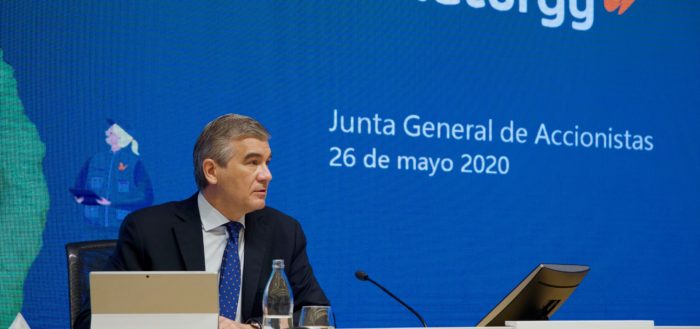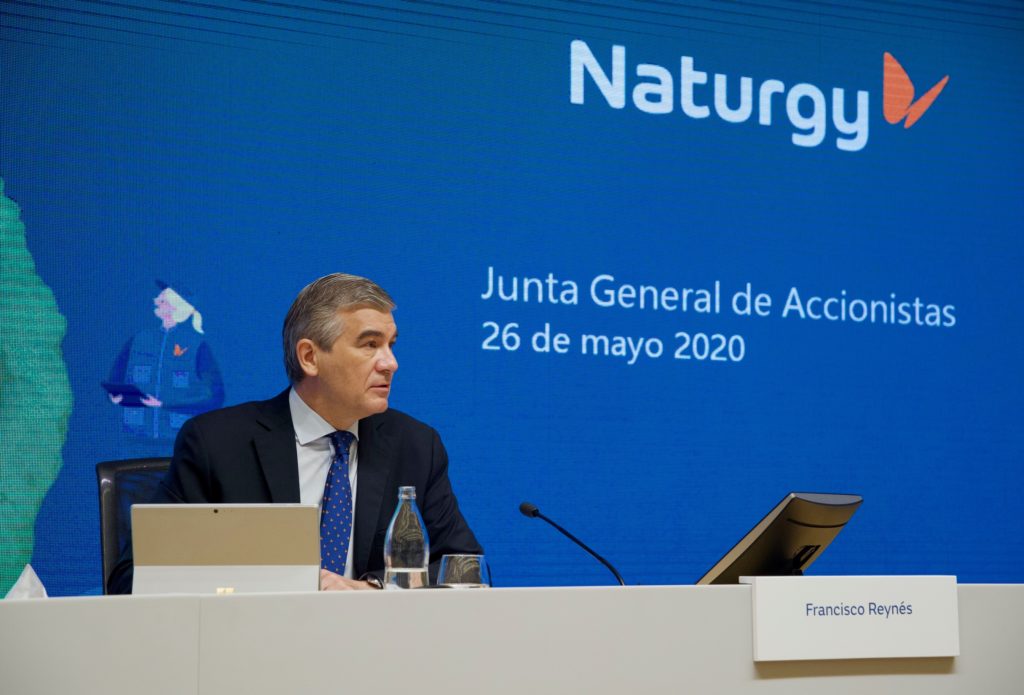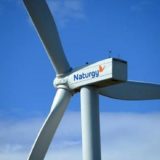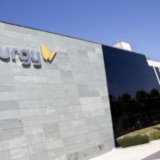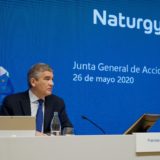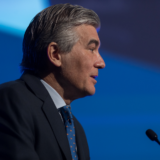The executive charmain of Naturgy, Francisco Reynés, presided over the company’s Ordinary General Shareholders’ Meeting, which was held in Madrid fully online for the first time due to the extension of the State of Emergency. The shareholders approved the company’s results, along with its corporate management report for the financial year 2019.
Reynés has transformed the management structure of the energy company with the aim of accelerating the process of “transformation of the group” and to “renew the illusion”. Naturgy, has introduced a new structure in its management, creating three new divisions: Energy and Networks; Renewables, Innovation and New Businesses; and Retail Marketing Unit. Pedro Larrea, Jorge Barredo and Carlos Vecino will lead each one of them, respectively.
For the president of Naturgy, the external incorporations add up, and do not mean replacing other professionals. They are made to adapt to new circumstances. “The traditional business has to keep evolving and transforming.” Furthermore, “there are new investment opportunities in the transformation plans of each country and we do not want to be left out”. On the other hand, “technology, the database, and all the telematic advances will also provide opportunities”, Reynés pointed out during the meeting.
With his arrival at the company, Reynés launched the 2018-2022 strategic plan, which began almost two years ago and was “revolutionary”. But “we need to accelerate our transformation,” said Francisco Reynés. “The first 22 months of the plan have been very positive,” he added. “We have reorganised the balance sheet, the debt and we have started a process of investment discipline to prioritise profitability over size”.
But exercising “self-criticism”, he said, “there is much to be done, so we are now beginning to accelerate a second phase of our transformation”. It can always be done better. “We need to work more and more intensively on reducing risk, and be more optimizable. We need to continue working on strengthening the company’s position, financially and in the environmental, social and corporate governance fields”. We have to “renew the dream” and “adapt the organization”.
The Meeting also approved a total dividend of 1.37 euros/share (more than 5% more than in 2018) against 2019 results. Of the total dividend, the company already paid 0.29 euros in July, 0.47 euros in November and 0.593 euros in March. Shareholders have approved the payment of the 0.01 euro/share complementary dividend that was pending from the original proposal (0.603 euro/share).
The Meeting also approved the reduction of capital through the amortization, before July 30, of up to 21,465,000 own shares, within the share buyback program initiated in July 2019. At the end of the first quarter of 2020, the company agreed to temporarily suspend this share buyback program until it had greater visibility of the duration and depth of the crisis resulting from the Covid-19.
“Despite an adverse energy environment and an adverse macroeconomic context, in 2019 we have met our commitments set out in our roadmap: we are more efficient, we have reduced our risk profile, we have met the planned disinvestments, we have maintained financial discipline and, most importantly, we are still committed to being a key player in the energy transition, moving towards a more sustainable energy mix”, stressed Naturgy’s Chairman, Francisco Reynés.
Priority lines of management for 2020
The company reiterates that, due to the significant uncertainty surrounding COVID-19, it is neither possible nor prudent to provide guidance for the year, although it does proceed with lines of management for 2020 focused on maintaining high liquidity, a comfortable balance sheet and flexibility, as well as using the ordinary and extraordinary review mechanisms established in the gas procurement contracts to adapt them to the market conditions.
Similarly, Naturgy will press on with its transformation initiatives to improve efficiency and flexibility, as well as allocation of resources in light of the new scenario. It will also continue analysing growth and asset turnover opportunities that contribute to improving the companies risk profile and creating value.
